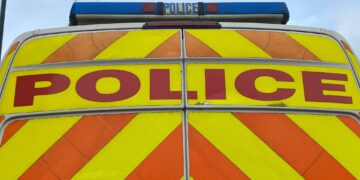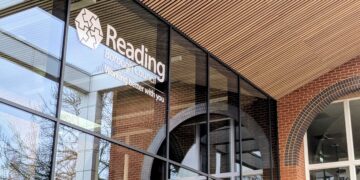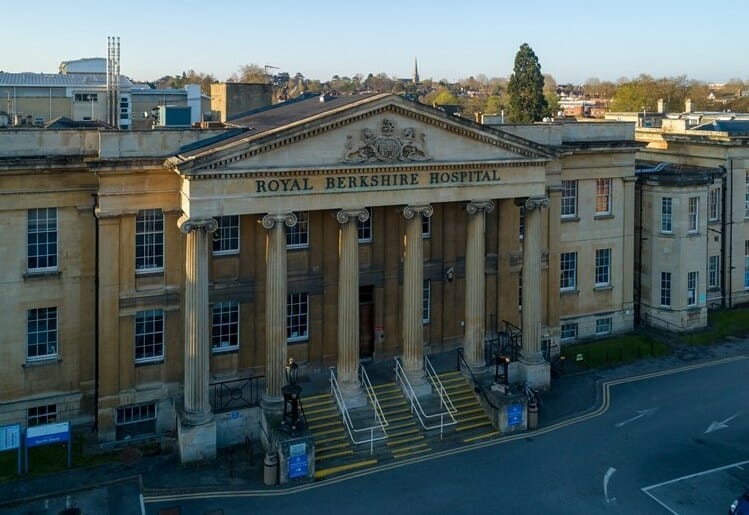NHS ENGLAND has laid out new measures to boost capacity and strengthen its resilience during the winter, including new “traffic control” centres, more beds, and longer hours for ambulance workers.
New measures have been announced to help bolster NHS services during the busiest time of the year, following the publication of the its Urgent and Emergency Care Recovery Plan back in January.
The proposals set out to bring more than 800 new ambulances across the country, constituting around 3.4 million more hours of emergency treatment, as well as adding 5,000 more sustainable hospital beds nation-wide.
Since £250 million of funding was announced, also in January, to boost capacity and speed up discharge, NHS providers in the south east have been allocated £16m to provide an additional 1,000 beds needed to help shorten waiting times in the region.
Plans also include expanding provisions for “virtual” wards, where patients receive care at home.
Many virtual wards use technology like apps, wearables, and other medical devices to enable clinical staff to easily check in and monitor the person’s recovery in familiar surroundings, helping speed up their recovery while freeing up hospital beds for patients that need them most.
The service is set to expand to children following its launch back in May last year, since which nearly 50,000 patients have been admitted and received care at home.
More information about NHS England’s virtual wards is available via: england.nhs.uk/virtual-wards.
New “traffic control” centres are set to be rolled out, where NHS staff will be provided with a “one stop” access point to co-ordinate the best and fastest options for discharging patients.
The centres will coordinate with teams from across NHS, social care, housing, and voluntary services in one place to help make decisions and offer patients everything they need.
The south east has also made significant progress in reducing handover delays, seeing a decrease of 18% on this time last year to just 9% taking over 30 minutes.
This means there are more ambulances on the road available and able to respond to 999 calls.
Vaughan Lewis, Regional Medical Director for NHS South East, said: “Preparing for winter can never be done too early and is vital in ensuring the NHS in the South East can deliver timely, high quality services for patients.
“There have been many lessons learnt from previous winters and this year’s planning will set us in good stead for the winter ahead.”
He explained: “We’ve seen significant and unprecedented pressures in recent years which have taught us to be prepared for the unknowns.
“These robust new measures will help support the NHS in the South East to boost capacity and resilience across the region, and to continue to build on recent improvements in ambulance response times and A&E performance.”























